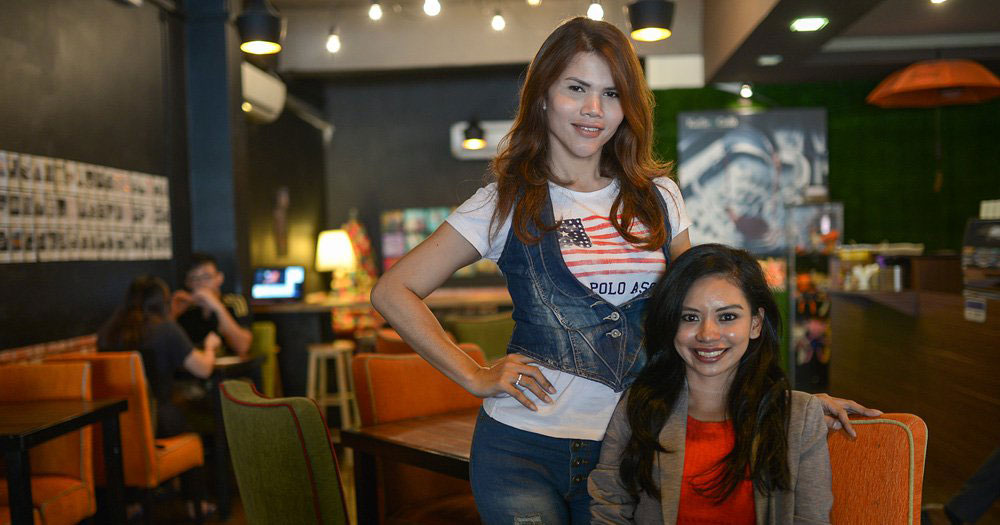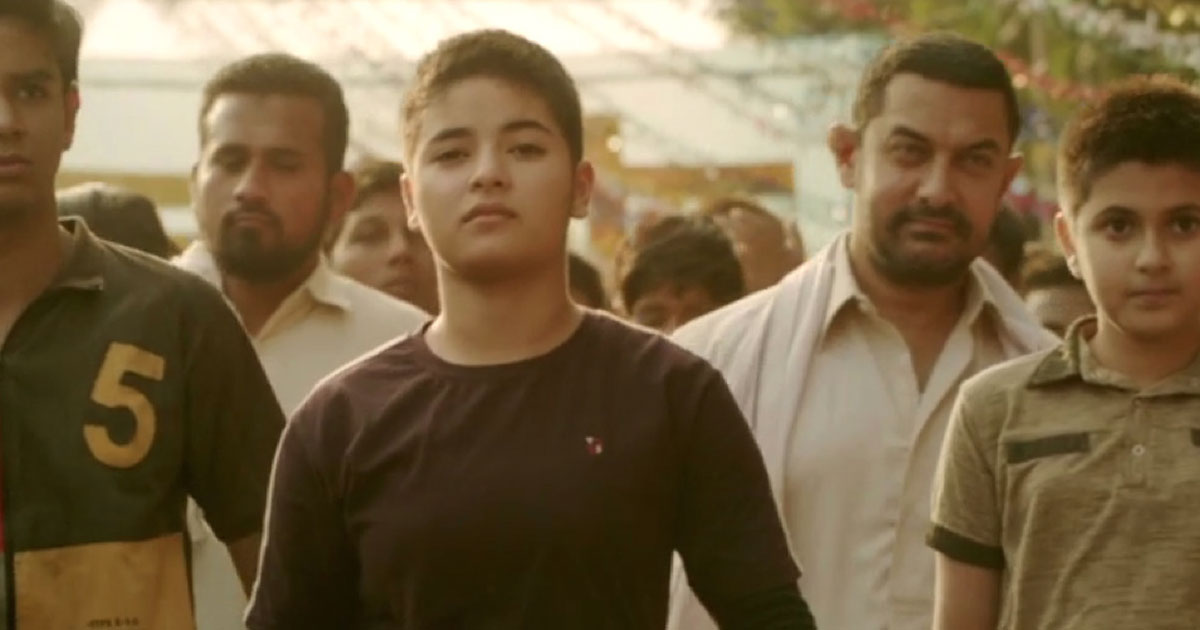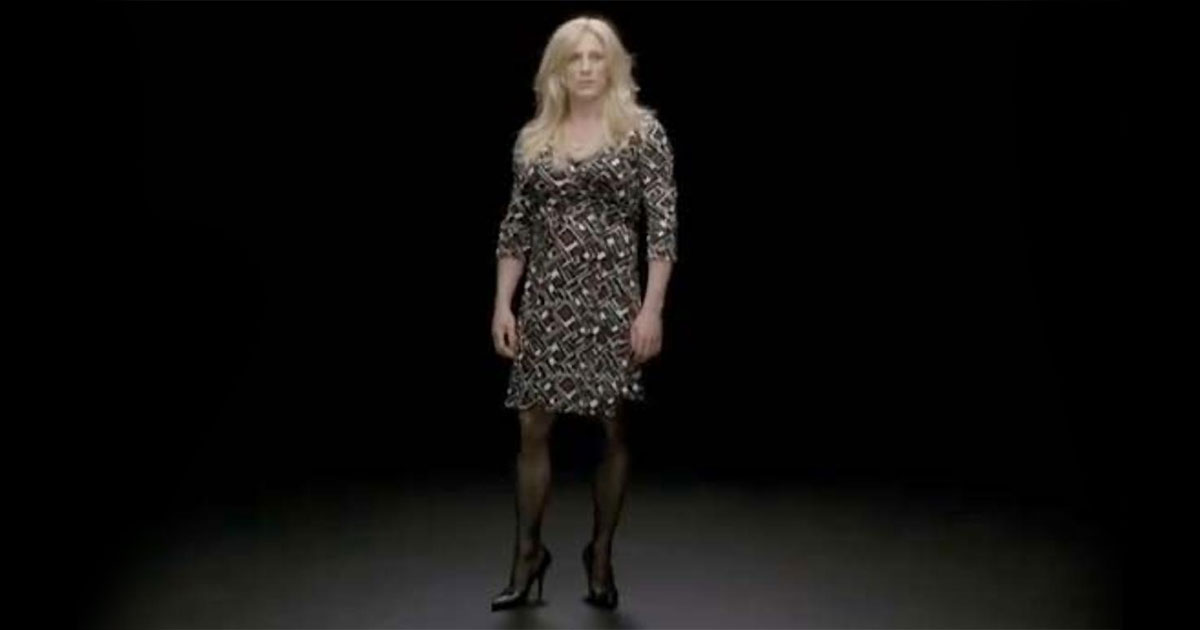
Are men and women equal today?
Source: WeAreEquals
“Are we equals? Until the answer is yes, we must never stop asking.”
– Judi Dench
Directed by acclaimed ‘Nowhere Boy’ director/conceptual artist Sam Taylor-Wood, scripted by Jane Goldman (‘Kick Ass’) and featuring the voice of Dame Judi Dench reprising her role as ‘M’, the film will be screened in cinemas and streamed online in a bid to highlight the levels of inequality that persist between men and women in the UK and worldwide. It is the first film featuring Bond to be directed by a woman.
Director: Sam Taylor-Wood. Producer: Barbara Broccoli. Scriptwriter: Jane Goldman. Director of photography: Seamus McGarvey. Featuring the voice of Dame Judi Dench.
Editor: Mel Agace
Post production: Michael Sollinger
Post production coordinator: Harriet Dale
With thanks to all the team at Ascent, including Patrick Malone, Dean Harding,
Grading: Robin Pizzey
Deluxe grade production: Rob Farris
Effects fix: Emily Greenwood
Sound producer: Hannah Mills
Sound: Simon Diggins and Peter Gleaves at Goldcrest
More on VOX KINI
Share this

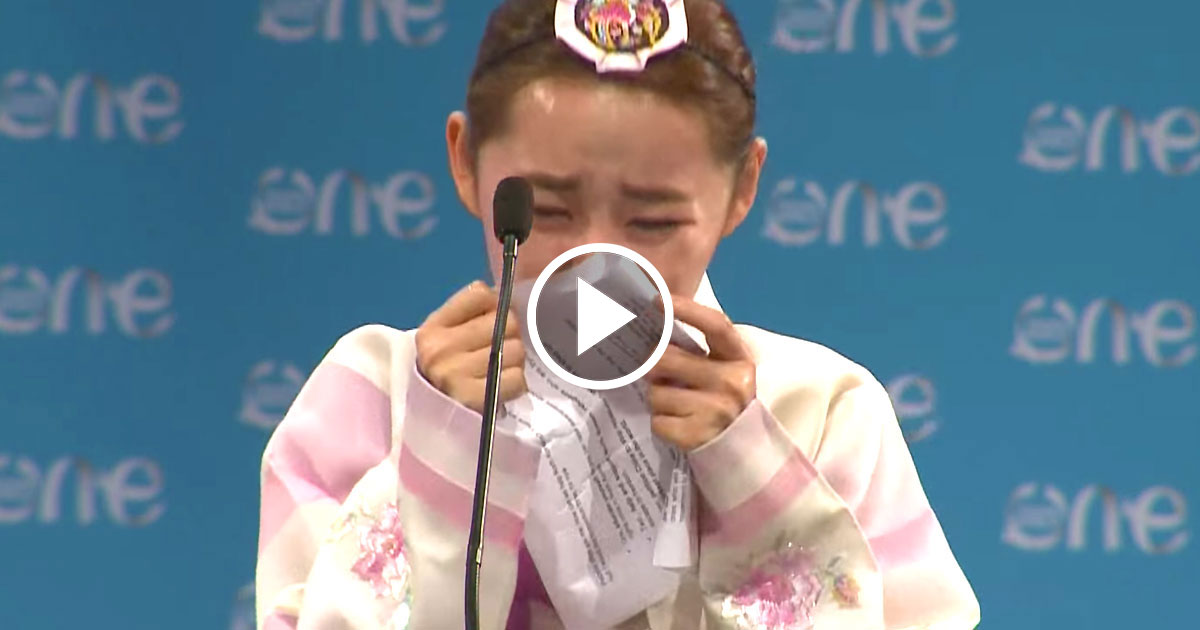

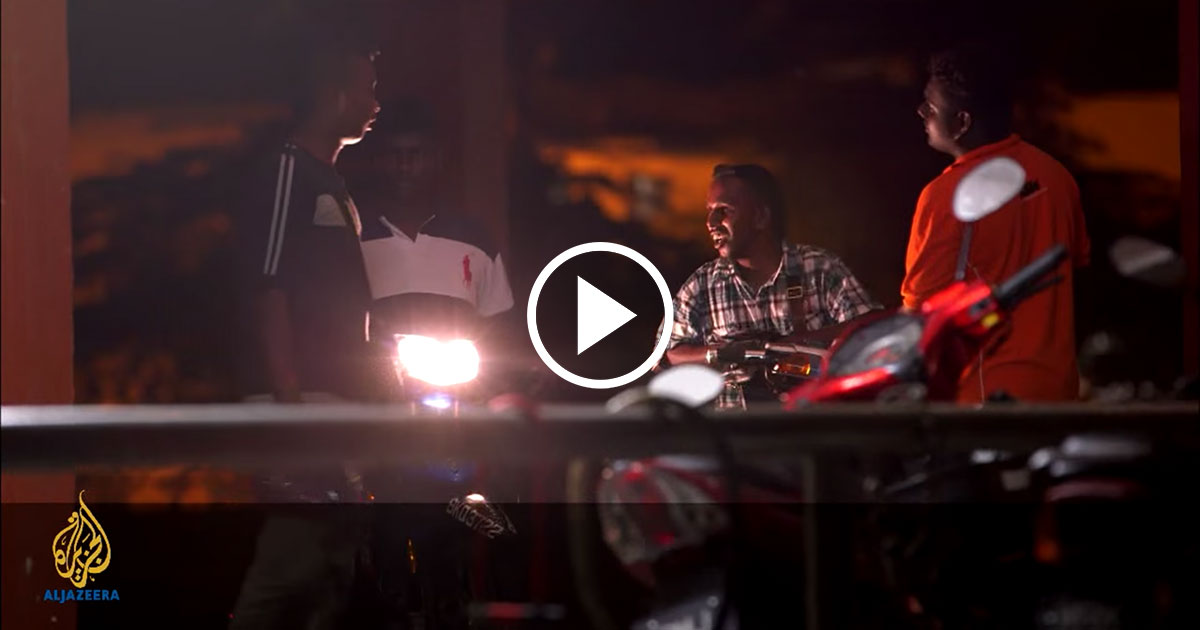
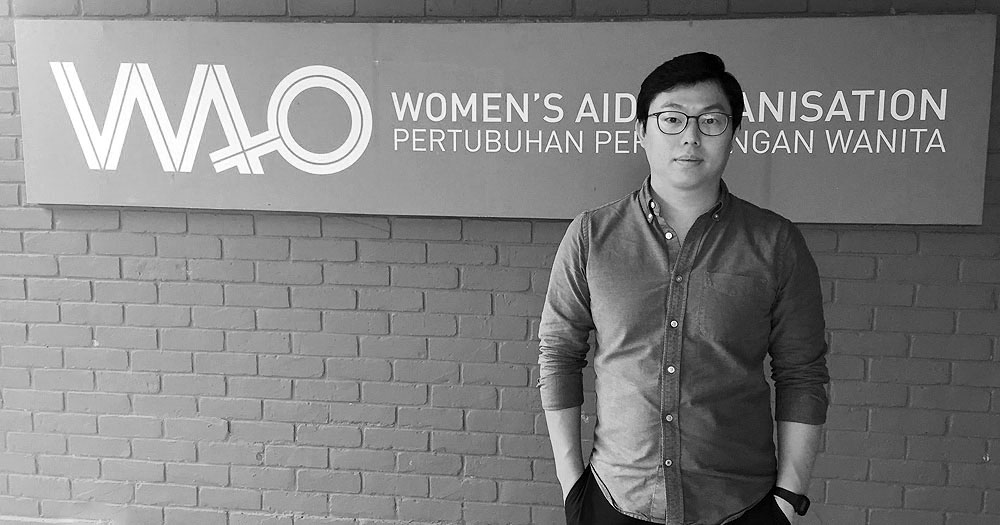
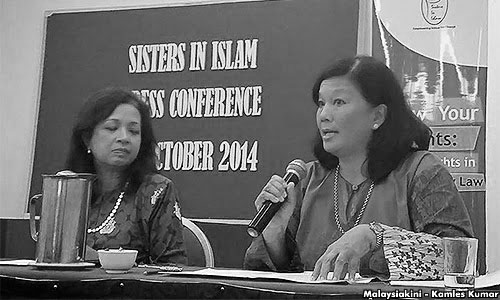 “By chance, she was travelling in the US when I was studying there and I attended an event organised by Malaysian students.
“By chance, she was travelling in the US when I was studying there and I attended an event organised by Malaysian students. He cited the Domestic Violence Act, where they have been pushing for reforms for three years, working closely with the Women, Family and Community Development Ministry, the Attorney-General’s Chambers, the women’s parliamentary caucus, the police as well as through joint advocacy with fellow women’s groups in Malaysia.
He cited the Domestic Violence Act, where they have been pushing for reforms for three years, working closely with the Women, Family and Community Development Ministry, the Attorney-General’s Chambers, the women’s parliamentary caucus, the police as well as through joint advocacy with fellow women’s groups in Malaysia. Men, he said, have roles to play in the fight for women’s rights and gender equality as well.
Men, he said, have roles to play in the fight for women’s rights and gender equality as well. Men do not necessarily need to have special roles to play in the movement, he said, but they do have a responsibility.
Men do not necessarily need to have special roles to play in the movement, he said, but they do have a responsibility.